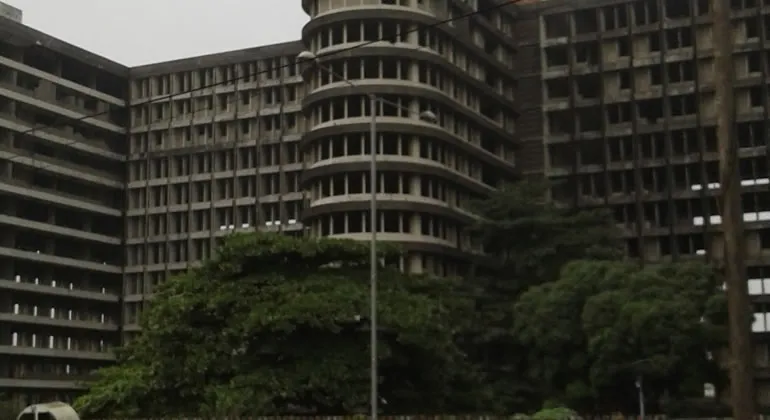It was widely reported recently that the Ministry of Water Resources auctioned assets of the Federal Government of Nigeria valued at N2 billion for a paltry N13.6 million.
Trimmers and lawnmowers bought in 2004 and 2005 were sold for N2000 and N6500, respectively. The said agency further disposed of three Peugeot 504 station wagons bought for N2.9m each for N26, 400 each. A Mitsubishi Canter lorry of N8.55m was sold as scrap for N80, 000. A DAF (1000) lorry bought for N5m was auctioned for N90, 000.
A Toyota Hilux pick-up van bought for N3.75m (that could be serviced at the cost of N187, 500 was auctioned at the same of N187, 500. Consequently, the Office of the Auditor General for the Federation rightly queried the management of the Ogun-Osun River Basin Development Authority.
The OORBDA, for whatever reasons, by her action has simply undercut the taxpayer by “pricing away” the government’s plant, property, and equipment valued at over N2bn at a paltry sum of N13.618m. The act of “selling away” the assets of government under ubiquitous headings such as ‘unserviceable’, ‘abandoned’, ‘unprofitable’, etc. is common knowledge to observers in Nigeria.
Read Also: ‘Why Tinubu picked Shettima as substantive running mate’
The evaluation of these assets is often questionable as most valuers deliberately undercut taxpayers. Often, they do this to benefit their benefactors who appointed them in the first place. Their dubious goal is to sell or auction these priceless assets to public servants, politicians, and their corporate concerns.
These assets, most of which seat on a very large expanse of land, ultimately end up in the hands of those who under-priced them and who, paradoxically, ought to manage them in the public interest. Government property and assets that suffer this fate fall into various categories.
We have many federal government buildings littering the streets of Lagos. They were abandoned when Abuja became the Capital City of Nigeria. The Armed Forces are not exempted. Such government corporations as NITEL, NEPA, NNPC, are also guilty of this.
A major factor why most of these assets are left unsold is intrigues involved in their disposal processes. The actors involved fight among themselves on who should get what. The entire process of disposal becomes messy and muddy. The assets are left to rot.
Many government properties in Lagos are now dens for criminals, even on busy streets such as Marina. Many lands have been taken over and occupied by neighbouring host communities who use them as markets or for agricultural purposes. It is unfortunate that the federal government seems to think that the properties and assets cannot be re-purposed for the public interest.
A few examples would suffice. The vast asset of NITEL at Oshodi, Lagos can be handed over to the University of Lagos to serve as a campus of the University. Most of the abandoned secretariat buildings in Lagos can be re-purposed to become referral health facilities and hospitals.
Many can be converted to blocks of flats for Nigerian workers or converted to staff training facilities or guest houses. The ASUU-FGN 2009 Agreement stated that such property should be handed over to Nigerian universities as revenue-generating units.
These are measures only people driven by a spirit of the common good would consider as viable options. It may be difficult to retrieve government property and assets that were auctioned away cheaply. Nevertheless, the option of reprimanding those responsible for acts that are inimical to the public interest and the common good is one that is viable.
As a form of deterrence, the government should quickly enact laws that will spell out measures that may be visited upon such saboteurs. Important FGN assets that are being put forward for the auction should be published. The processes and outcomes should also be published nationally.
There should be a call for contributions from the public on the best ways to effectively use these facilities or the best ways to sell them. The fact that some officials of government can secretly give up crude oil wells, institutions, property, and houses sitting on a very large expanse of land is an outrightly immoral action to take. It is also a betrayal of public trust.
The buyers of some of these assets sell the land and equipment of some of these corporations they acquired cheaply. There is an urgent need to retrieve all property and assets of the FGN, especially in Lagos. It is high time the FGN conducted a thorough audit of her assets in Lagos and considered as the ‘first option of decline’ her agencies that can take over these properties.
There is the need to collaborate with the various state governments as well as communities on the exercise. If well carried out, the assets are veritable sources of income that can defray some of the FGN’s internal indebtedness.






